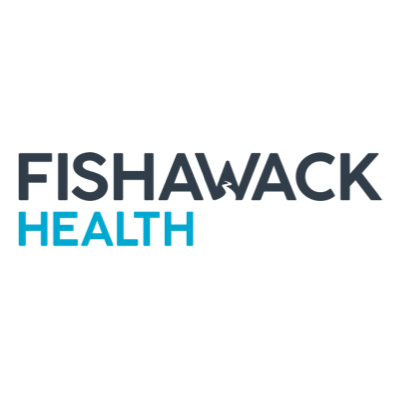Practical advice for Early Scientific Advice (ESA) in HTA submissions

A step-by step guide on the benefits, processes, and key considerations involved in the Healthcare Technology Assessment (HTA) Early Scientific Advice (ESA) consultation as part of planning the holistic evidence generation to support the design of an asset.
In recent years, the biopharma market has become progressively complex. As a result, payers are feeling increased pressure to make the right decisions based on the perceived value of each product. Payers must take into consideration not only the clinical efficacy of a drug, but also its safety profile, side effects, and cost-effectiveness, among other factors.
Health Technology Assessment (HTA) is an important tool for decision-makers when it comes to evaluating the clinical effectiveness and cost-effectiveness of new pharmaceutical products and services. There are several barriers that can negatively impact HTA and pricing outcomes, including uncertainty and trials that are not designed with the payers’ evidence needs in mind.
HTA agencies can assist biopharma companies at the early stages of development to ensure they are meeting the expectations of payers. Specifically, HTA agencies offer opportunities to receive early scientific advice (ESA), which involves discussions around key topics such as clinical development programs, economic analyses, and evidence-generation plans. The implementation of the resulting recommendations can reduce payer uncertainty and lead to optimized HTA submissions.
According to Ross Selby, Head of Global Patient Access at Takeda Oncology via NICE: “Uncertainty is the prime reason that medicines struggle with HTA. Scientific advice is a mechanism to reduce that challenge—so take it.”
ESA involves engaging regulatory and/or HTA agencies to provide early-stage feedback on an asset’s clinical development program. While seeking advice from regulators is more common for biopharmaceutical companies, many miss out on the opportunity to speak to payers. The advice can be used to avoid HTA challenges and is confidential and non-binding. However, ESA cannot include feedback on ongoing trials and does not predict the outcome of future HTA appraisals. It is also important to note that ESA cannot include pricing discussions. There are two main types of ESA: HTA agency consultation (involving a single agency) and joint-scientific advice (involving multiple agencies).
Common topics for ESA discussion
The early feedback provided in ESA engagements can save time and money by helping avoid decisions that might later result in unfavorable HTA or pricing outcomes. Some of the most common topics covered in ESA discussions include trial-design optimization, evidence-based value demonstration, payer expectations, design of network meta-analyses, and economic models.










